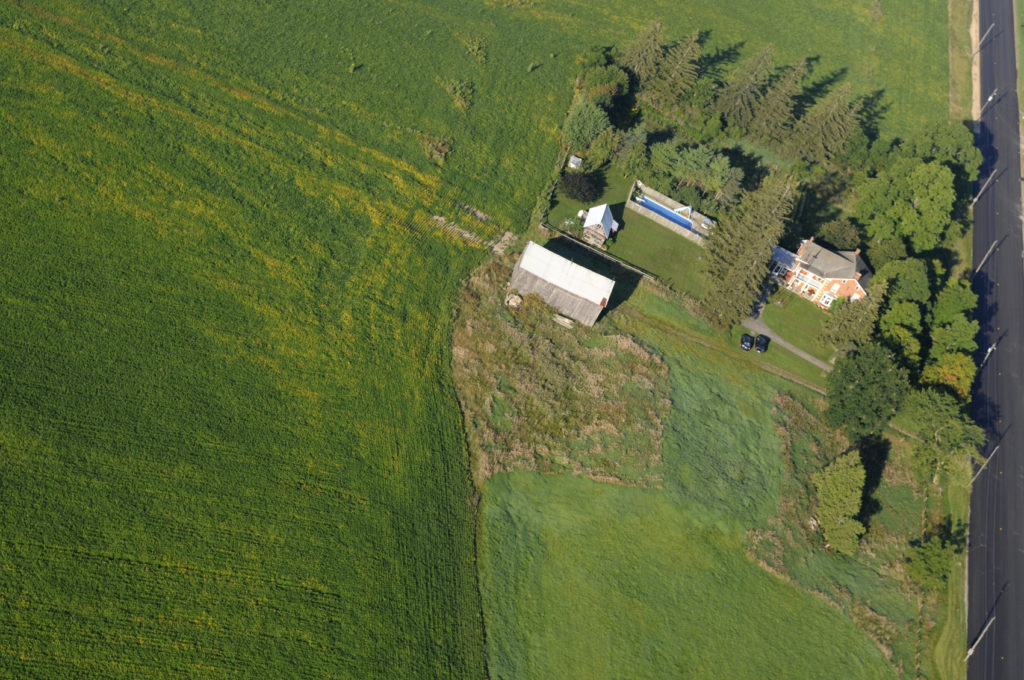
Guidelines show that local planning authorities should avoid new isolated countryside homes but what happens when there is an “essential need” on your farm?
A recent decision has considered whether there was an essential need for an additional dwelling to accommodate a rural worker on a farm that had been worked for four generations, over a period of 400 years, or whether the current occupant should make way for the new generation.
Planning permission for farm worker accommodation
The case concerned an application by a rural worker for the creation of a new dwelling for himself and his family to manage the farm business.
The worker was the son of the family that owned the farm. The mother, aged 77, retained an active role in the business and resided at the farmhouse. The worker had lived away from the farm for some time but felt that the arrangement had become untenable due to the farm’s expansion.
An Agricultural Appraisal calculated a labour requirement for three full time workers at the farm, concluding that the enterprise needed a full time worker to be accommodated on site for essential short notice animal husbandry and for security.
The worker proposed the erection of a new dwelling. As such, it needed to be shown that there was an “essential need” for the proposed dwelling on the farm, due to its situation in the countryside.
The Council refused planning permission and considered that the needs of the farm could be met by the existing four bedroom farmhouse, by the creation of an annex to accommodate the mother and that the worker and his family could live in the farmhouse. This would have required the mother to move into the annex.
The Council and the worker disagreed as to whether or not the farmhouse could reasonably be considered to be “available”, for the purposes of residence for the worker and his family – given that his mother currently resided in the farmhouse and had no desire to be moved into a ‘granny annex’.
Functional need for accommodation depends upon the needs of the farm
While it was recognised that a functional need for accommodation depends upon the needs of the farm, rather than “personal preferences or circumstances of the individuals involved”, the case considered that the mother had lived in the farmhouse all her married life and that during that time, the farm had funded and built several new buildings.
The fact that the mother continued to be actively involved in the running of the business and that she had no intention of curtailing this or leaving the farmhouse in the foreseeable future meant it was held that there was no indication of whether or when the farmhouse would be likely to become ‘available’ for other farm workers.
While there were no immediate plans for expansion of the farm, the proposed house was held to allow the worker to operate the existing business more effectively.
It was therefore decided that there was an essential need for an additional dwelling to accommodate a rural worker and planning permission was granted.
National Planning Policy Framework
Paragraph 55 of the National Planning Policy Framework provides:
“Local planning authorities should avoid new isolated homes in the countryside unless there are special circumstances such as:
- The essential need for a rural worker to live permanently at or near their place of work in the countryside”
Isolated dwellings in the countryside are therefore only permitted in special circumstances. The consideration of the various factors, including the personal situation of the elderly mother, meant that the context of the dwelling was held to be “special circumstances” and permission was granted for a new dwelling.
